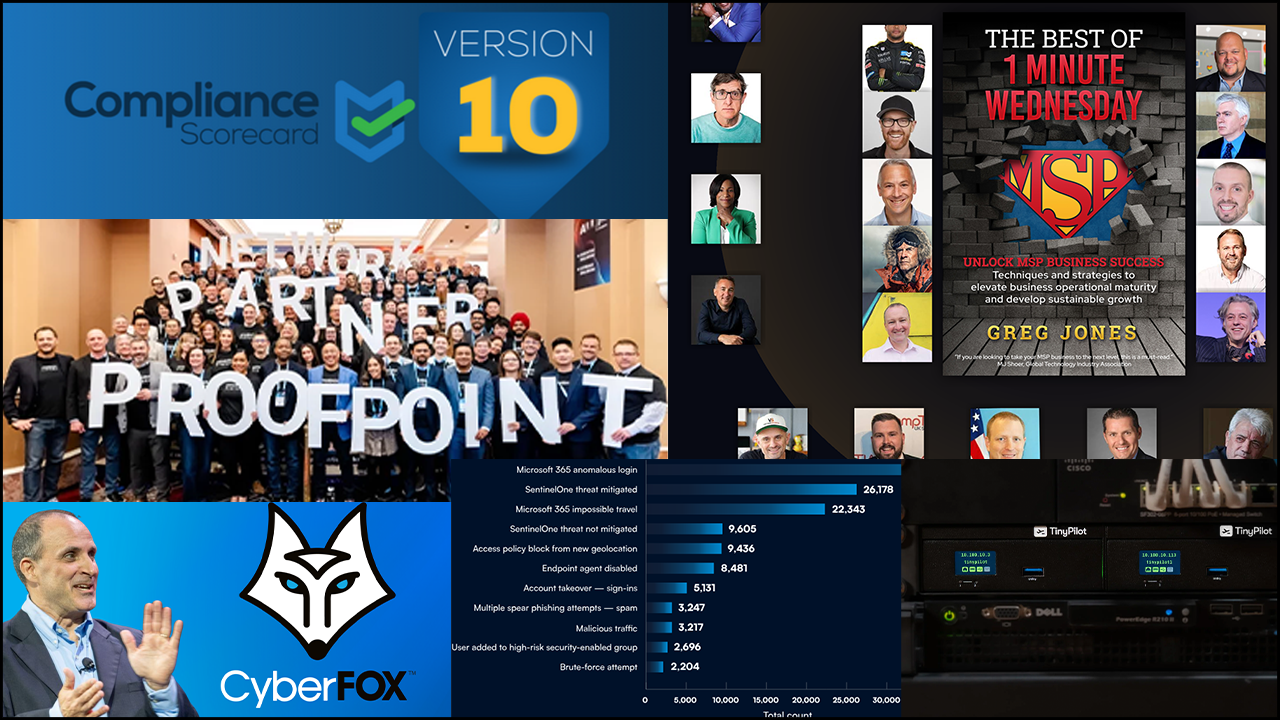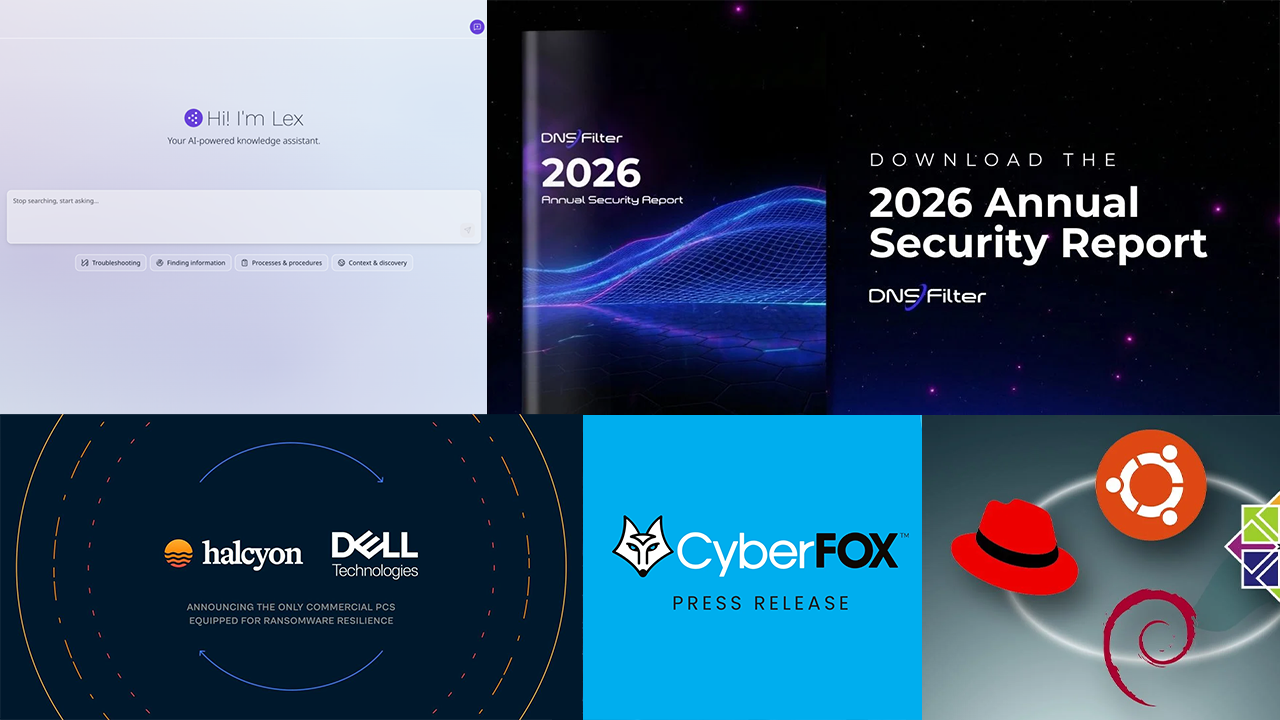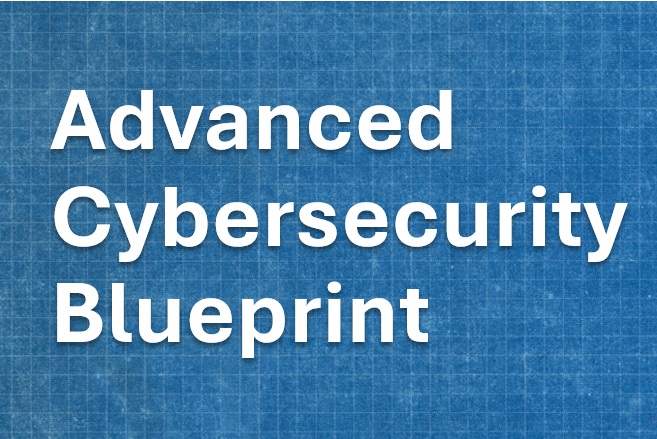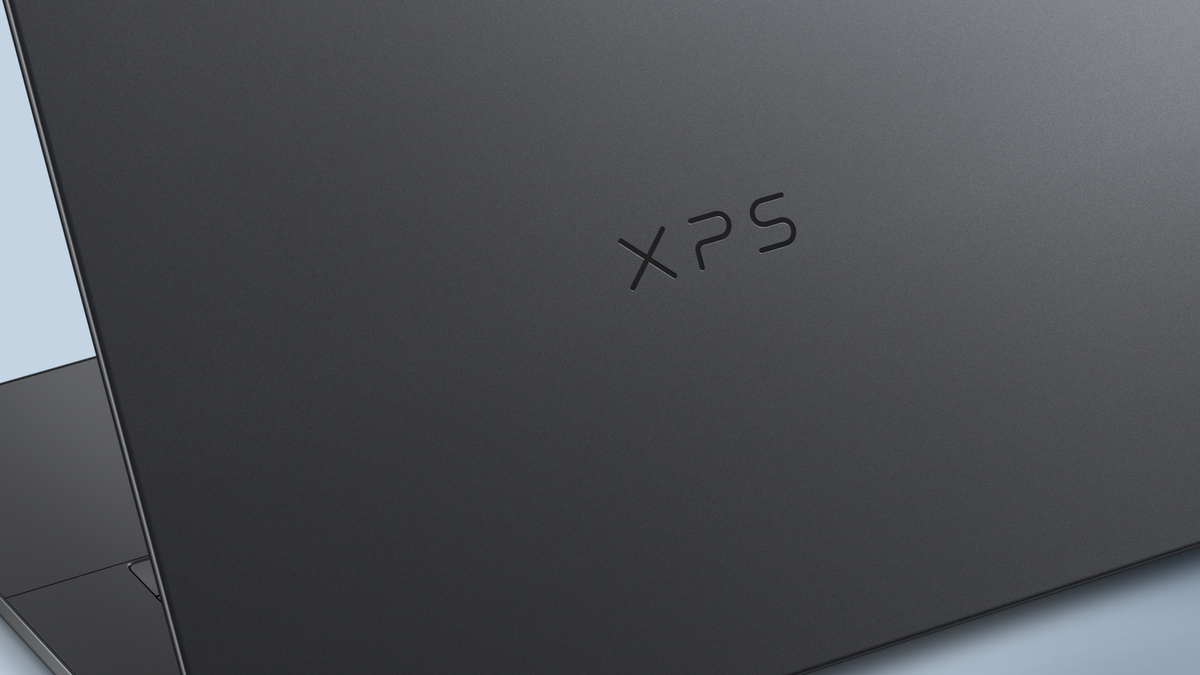LAST MARCH, Microsoft gave its partners a six-months’ notice: The Microsoft Partner Network would be “evolving” to become the Microsoft Cloud Partner Program (MCPP).
In the months that followed, the channel has been abuzz with speculation, rumination, and even a little dread about what it all will mean for preexisting Gold- and Silver-level partners (and those who had aspired to become one).
In October, MCPP went live. For some, the new partner program—one that emphasizes Azure sales—represents a real uphill challenge. For others, it represents opportunity.
Either way, there’s a new benefits structure to be aware of, and there will be new goals to set if MSPs want to differentiate themselves using partner “specializations.” The first step will be determining where you stand and how you’ll proceed.
A Partner Program to Elevate Azure
When then Microsoft Corporate Vice President of Channel Sales Rodney Clark announced “the next step” in the company’s partner program and the introduction of MCPP in a press briefing last March, he noted, “This change better reflects the enormous and ongoing transition of business operations to the cloud, and how Microsoft intends to support partners in the future.”
“Nobody pulled the rug out. Partners were told six months prior.”—Dave Seibert, CIO, IT Innovators
MCPP retires the old Gold and Silver competency partner designations and creates a single “Solutions Partner” designation based on just six areas of Microsoft’s cloud portfolio (boiled down from 19 preexisting competencies): Azure Data & AI, Azure Digital & App Innovation, Azure Infrastructure, Business Applications, Modern Work, and Security.
Each Solutions Partner designation also has specializations a partner can pursue. For instance, within the Business Applications designation, partners can earn specializations in Microsoft Low Code Application Development and Small and Midsize Business Management.
At the Inspire partner conference in July, newly named Chief Partner Officer Nicole Dezen extolled the virtues of the new designations. “You can differentiate your company with a specialization, the highest technical accomplishment for a solution area,” Dezen said. “This creates incremental value to customers as they search for the right partners to meet their transformation needs.”
To qualify as a Solutions Partner, MSPs will be required to have earned a “partner capability score” of at least 70 (out of 100) based on metrics in three categories (with at least one point in each category):
- Performance—Measured by net-new customers. Each net-new customer is worth 2 points (for a maximum of 20 points over a 12-month period). Customers who “churn” will impact the score by a reduction of 2 points.
- Skilling—Partners can make up additional points by attaining intermediate or advanced certifications in various competency areas.
- Customer Success—Measured by a) customer usage growth (30 points awarded for 2,000 monthly average user growth in trailing 12 months); and b) the number of successful deployments (25 points awarded for 10 new deployments in the trailing 12 months).
What MSPs Are Saying
Since the announcement of MCPP, MSPs have spent a good amount of energy adapting, planning, and, yes, perhaps complaining.
On the subreddit “MSP,” for example, channel pros have been venting about the new qualification score requirements. Redditor Pi-N-Apple writes, “We are a small partner who, in the past five years, onboarded 40 clients with approximately 1,500–1,800 total users. Microsoft stripped our partner benefits this year because we aren’t big enough.”
Similarly, Redditor Chronos79 explains, “Up until October, we had two Gold and five Silver competencies. Nothing that got us to those competencies has changed—we still have the same employees with the same certifications … and the same level of seats managed and growth. The difference is that there is now such an outsized emphasis on ‘net-new seats’ that we don’t qualify for any of the [Solutions Partner] designations at this time.”
Other Redditors call the updated “net-new seats” requirements “completely insane” and “focused solely on selling more Azure at all costs.”
But are they justified in their complaints? According to Dave Seibert, CIO of Irvine, Calif.-based IT Innovators and a Microsoft Partner Influencers team member for more than 10 years, maybe a little bit.
First, however, Seibert makes one thing clear: Microsoft did not hide the ball here. “Nobody pulled the rug out. Partners were told six months prior,” he says. Now, the promotion of the six solutions areas is an additional six-month window in which partners can decide what model to take.
Second, MSPs had to expect a change was coming. “The partner network is 15 years old,” Seibert argues. “The cloud is something that’s new in comparison to that 15 years.”
That being said, Seibert concedes that smaller MSPs may struggle. “Some are going to complain,” he says. “The new program has a heavy emphasis on net-new logos [new customers] and consumption. For the more successful partners, this is a way to stand out among the crowd. But if you’re a smaller partner, you’re going to be more challenged.”
What’s the Score?
The first step for any potential MCPP partner before committing to a program is to figure out their current partner capability score. Seibert highly encourages MSPs to log in to the Partner Center and assess where they stand. “There is a brand-new dashboard that shows you the areas and how many points you have in those areas toward your 70-point qualifying score,” he says, adding that “many partners are going to be shocked, and they may have only 15 or so points.”
Next, Seibert advises MSPs to identify areas to pursue. “Get your team skilled up. Think: ‘I’m going to have to get four people trained, and I have six to 12 months to get it done.’ And: ‘I may have to close six net-new clients.'”
He acknowledges, however, that the Solutions Partner designation won’t be a fit for many partners. “If your model has sales as a middle name, you’re going to qualify. But if you’re smaller, obtaining that 70 points is going to be more challenging,” Seibert says.
For those who qualify, the Solutions Partner designation will cost the same as the most recent Gold membership level—that is, $4,730 annually. Legacy Gold and Silver partners who do not qualify may choose to renew their partnerships. While they may no longer use their Gold or Silver monikers, it is a way to prolong benefits—at least for now. The last month for legacy competency holders to receive incentives and rebates is September 2023.
Partners with aggregate scores below 70 have the option of purchasing an Action Pack ($475 per year), which includes product licenses, 10 product support incidents, five hours with a partner technical consultant, and branding. Moreover, Action Pack members (as well as those who renew their legacy Gold and Silver programs) maintain internal use licenses, which represents a reversal from past Microsoft policy.
“If you choose this, you cannot let it expire,” warns Seibert. “If you let it expire, the option goes away.”
The MCPP Bottom Line
While Microsoft is clearly emphasizing those MSPs with practices large enough to meet tenacious net-new client requirements, there are real benefits for those who qualify, and reasonable options for those who do not.
The Solutions Partner benefits packages include internal use rights, cloud licenses, Azure credits, marketing services, pre-sales and deployment services, technical support, and other incentives.
“Some partners will be delighted, and some are going to be very vocal that it’s all about sales,” Seibert observes. “With so many partners, not everyone is going to have the same alignment with how they go to market.”
Image: iStock














